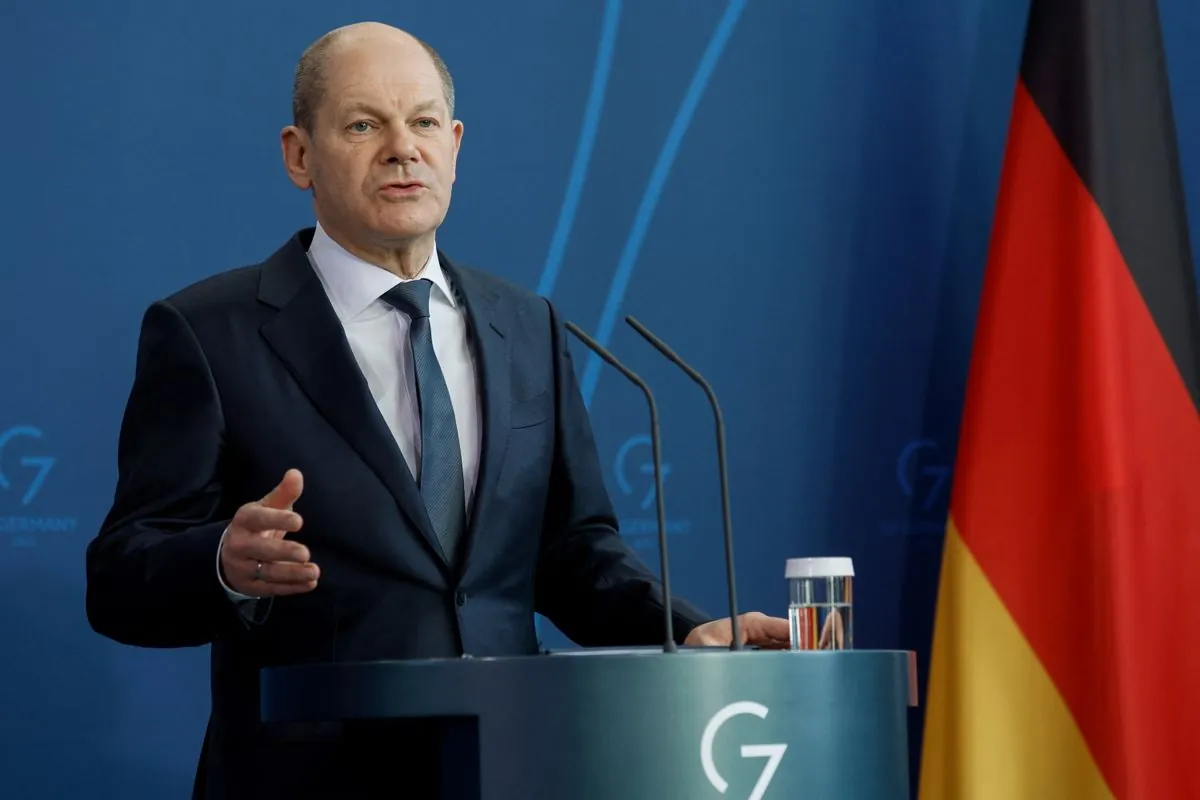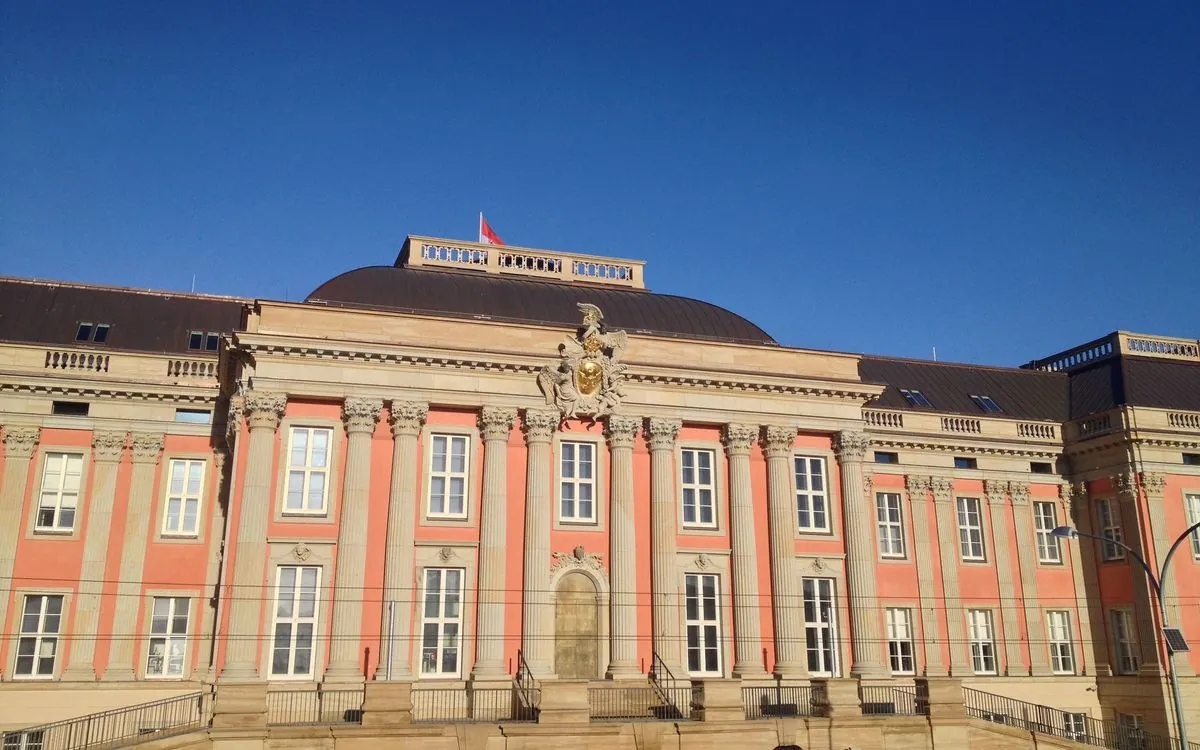SPD's Narrow Win in Brandenburg: A Test for Scholz's Leadership
Chancellor Olaf Scholz's SPD secured a slim victory in Brandenburg, narrowly beating the far-right AfD. The result raises questions about Scholz's leadership as Germany approaches the 2025 federal election.

In a closely watched state election, Chancellor Olaf Scholz's Social Democratic Party (SPD) narrowly secured victory in Brandenburg, the state encircling Berlin. The election, held on September 22, 2024, saw the SPD garner 30.9% of the votes, barely edging out the far-right Alternative for Germany (AfD) party, which received 29.2%.
This election, occurring just a year before Germany's 2025 federal election, was widely perceived as a referendum on Scholz's leadership. The SPD, founded in 1863, has governed Brandenburg since German reunification in 1990, making this victory particularly significant for the party.
The narrow margin of victory has raised concerns within the SPD about Scholz's ability to lead the party in the upcoming federal election. Some party members have suggested Boris Pistorius, the Defense Minister since January 2023 and currently Germany's most popular politician, as a potential alternative candidate.

The Brandenburg election saw the highest voter turnout (72.9%) for a state election since German reunification, underscoring its importance. This high turnout reflects the growing political engagement in Germany, the most populous country in the European Union.
The AfD, founded in 2013, continued its recent string of successes in eastern Germany. This follows their historic victory in Thuringia and strong showing in Saxony in August 2024. The AfD's growing popularity in the east presents a challenge to Germany's established parties and the country's post-war political landscape.
"We are extremely satisfied with the results."
In contrast, Brandenburg's SPD leader Dietmar Woidke described the AfD's performance as a "huge alarm signal for all democrats."
The election results also highlighted challenges for Scholz's coalition partners at the federal level. Both the Greens, established in 1980, and the Free Democratic Party (FDP), founded in 1948, failed to reach the 5% threshold required for parliamentary representation in Brandenburg. This threshold rule, introduced in West Germany in 1949, aims to prevent political fragmentation.
In response to these results, FDP leader and Finance Minister Christian Lindner issued an ultimatum to the governing coalition. He demanded decisions on migration, economy, and budget stability by December 21, 2024, though the consequences of non-compliance remain unclear.
The political landscape in Germany remains uncertain as the country approaches the 2025 federal election. Factors such as the ongoing situation in Ukraine, climate events, and domestic issues like the Solingen stabbing incident in August 2024 could significantly influence the political environment.
As Germany navigates these challenges, the country's mixed member proportional representation system, established in the 1949 Basic Law, will continue to shape its multi-party democracy. The upcoming federal election will be a crucial test for the SPD, CDU/CSU, and other parties as they compete for leadership in the Bundestag, Germany's federal parliament.


































